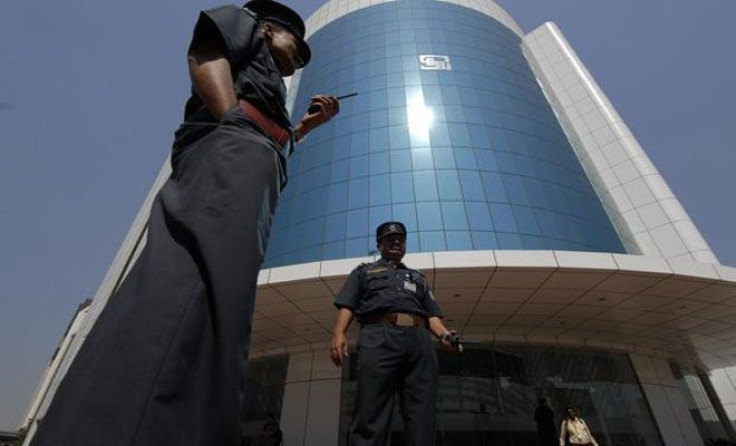India's Stock Market Regulator, SEBI, Announces Significant Amendments To Foreign Investment Norms

The Securities and Exchange Board of India, or SEBI, announced significant amendments to its rules governing foreign investment, in an attempt to encourage the flow of foreign funds in to the country, which could ease the country's deficit problem and help revive a slowing economy.
The amendments, based on recommendations from a committee appointed to find ways to simplify foreign investment regulations, were approved by the market regulator in a board meeting held Tuesday.
The amendments include a proposal to make a single rule applicable for the entry into India of all overseas investors across different categories such as foreign institutional investors, or FIIs, sub-accounts and qualified foreign investors, and bring them under a single category called foreign portfolio investors, or FPIs.
Sub-accounts include institutional and individual investors based outside India, on whose behalf FIIs would invest in the country.
In another significant move, SEBI will no longer require FIIs and their sub-accounts to register with it and, instead, allow them to invest in the country by registering with designated depository participants working on behalf of SEBI, helping to expedite the registration process for overseas investors.
The new rules will also allow a single investor or investor group to invest up to 10 percent of equity in an Indian company. But, any investment beyond 10 percent would be considered as foreign direct investment and will be bound by federal regulations, the market regulator said.
The latest norms reduce documentation, and simplify and fast-track the procedures for overseas investors to do business in India, and are aimed at increasing the flow of much-needed foreign funds in to the country. SEBI will release a statement at a later date notifying investors about when the new rules will come in to effect, an official told IBTimes.
India is dealing with a burgeoning deficit, a rapidly weakening rupee and slowing economic growth, leading FIIs to pull out about $6.2 billion from Indian markets in less than a month. India's trade deficit shot up to $20.14 billion in May, a seven-month high, up from in April while its current account deficit stood swelled to 6.7 percent of GDP in December 2012, way above the central bank's comfort level of 2.5 per cent.
© Copyright IBTimes 2024. All rights reserved.












